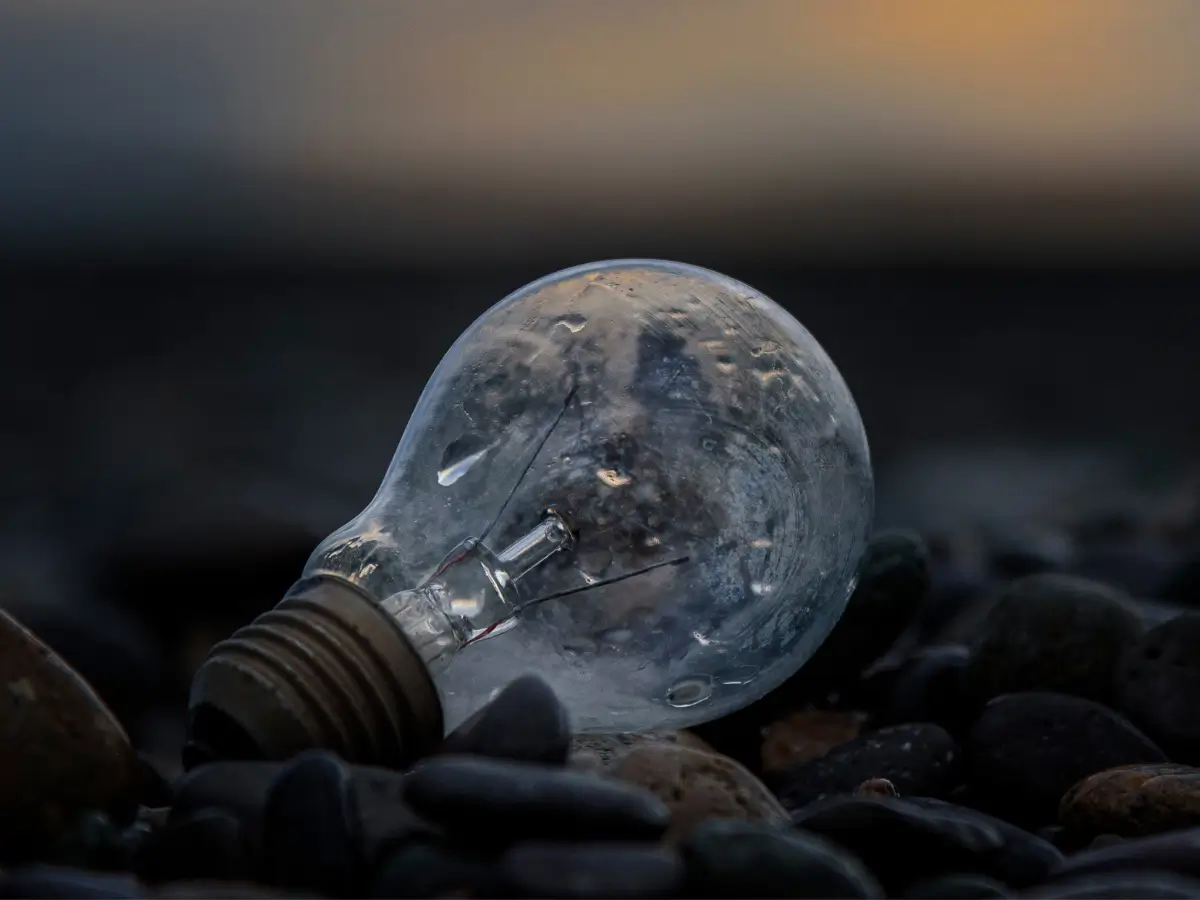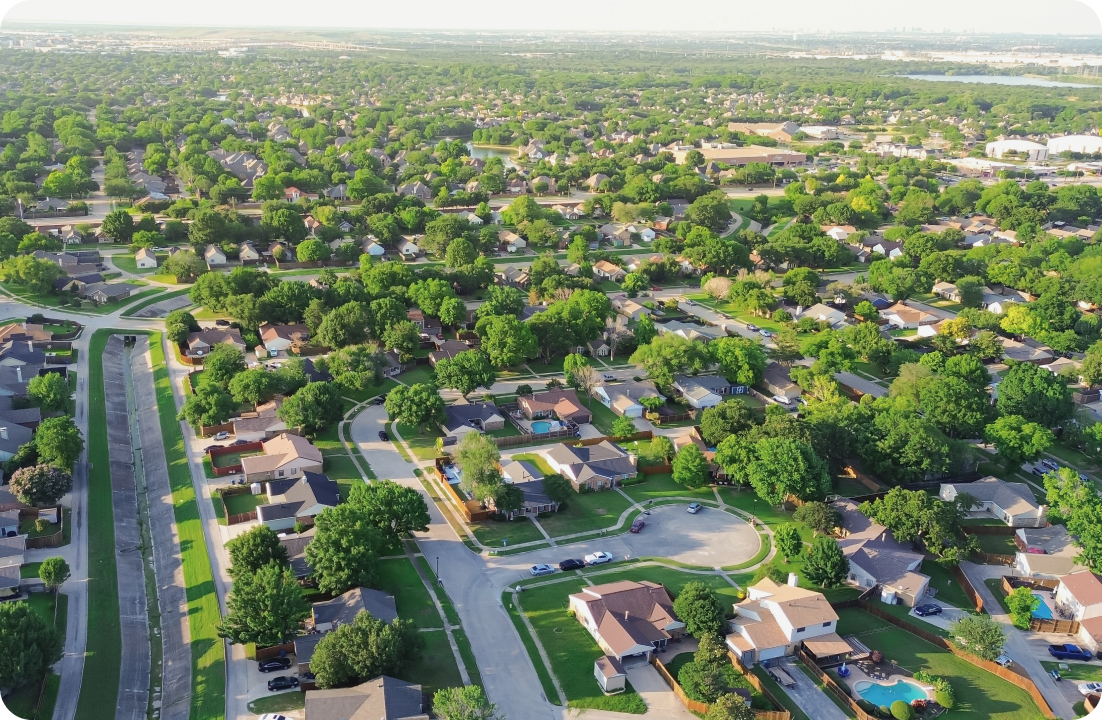Lightbulb Disposal 101

Turn the light on when it comes to recycling one of the most common household items--lightbulbs.
Most people are in the dark when it comes to lightbulb disposal, with good reason. Nearly every country and region has its own lightbulb disposal and recycling policy, and there are many different types of bulbs, each with their own special requirements. No wonder it’s so hard to keep track of what goes where.In spite of regional differences, some things hold true no matter where you are. Let’s take a look at the many types of lightbulbs currently in use and the general guidelines that do apply in most places. If you’re looking for local recycling depots or information on specific regulations in your country, skip to the list at the end of this post.
CFLs
Compact fluorescent light (CFL) bulbs use much less energy than older styled bulbs, which makes them very popular. Unfortunately, one of the components that make them so energy efficient is mercury. Mercury is hazardous and must not be thrown away in your regular garbage because toxins seep into landfill groundwater and make their way into our drinking supply. The good news is that the mercury, glass and metal components of a CFL bulb can all be recycled and reused if processed correctly. Recycling instructions differ from place to place, so check the 'What Goes Where' search tool for your local disposal requirements. For specialty recycling programs, see the list of depots at the bottom of this article.
Due to their mercury content, these bulbs can be hazardous, especially if you have children or pets in the house. If you must clean up a broken CFL bulb, follow the detailed instructions on the US EPA website. Make sure the broken pieces are wrapped carefully, and check with your local waste collection agency for proper disposal instructions. Again, because these bulbs contain mercury, they should not be tossed out with your regular trash unless your municipality specifically tells you to do so.
Incandescents
Incandescent bulbs and lamps can be tossed into the trash. If a bulb is broken, wrap it first in paper or plastic before placing it in your trash bin. This prevents broken edges from cutting through your garbage bag and creating a mess, and it helps protect you and your waste hauler from accidental injury.If the bulbs are intact and you have a creative streak, you can also try upcycling them. Incandescent light bulbs can be turned into Christmas ornaments, little vases for small plants or mini lamps - you can find thousands of fun ideas on Pinterest alone. However, make sure you take proper safety precautions before trying out any of these DIY projects. Preparing an incandescent bulb for crafting can be tricky, so follow a guide to hollowing out a bulb.
LEDs
Light-emitting diode (LED) bulbs do not contain mercury but are made with other hazardous substances such as lead and arsenic. Many communities will not accept these bulbs in their recycling program, which means most people throw their burnt out bulbs in the trash, by default. Unfortunately, this means lead and arsenic end up in the landfill and, inevitably, back in the water stream. Check with your local recycling center and ask if they accept LEDs as part of their special collection services.
Halogen bulbs
Halogen bulbs contain halogen gas, which means they are not easily recycled, and many communities recommend you throw these bulbs in the trash. If this is the case in your city or town, make sure you put the used bulb back into its carton or container or wrap the bulb to prevent it from shattering. To keep these bulbs out of your landfill, ask your local recycling center if they have a special collection policy for halogens.
Fluorescent tubes
Fluorescent tubes contain mercury which makes them hazardous and difficult to recycle. Handling fluorescent tubes can be dangerous, too, as they are long and bulky and easy to break. Fluorescent tubes are considered to be universal (i.e. hazardous) waste and are not accepted by curbside collection because their fragility and potentially toxic components make them harmful to the environment and sanitation workers. However, many recycling drop off programs will accept fluorescent tubes for processing irregardless of if your local recylcing program accepts them. Check below for programs that may partake in fluorescent tube recycling.
Drop-off depots (specific to country)
Canada
Aside from regular municipal recycling centers, many retailers within Canada have recycling programs that accept burnt out bulbs. To take advantage of these services, visit these (or similar) retail sites and search for a location near you. Contact your local store and ask what in-store recycling services they provide:
RONAIKEALowesThe Home DepotIf none of these retailers have stores in your area, or their collections are still closed due to Covid-19, and if your local site does not accept bulbs, visit LightRecycle for other options.
United States
In addition to your regular municipal collection services, many retailers and organizations in the U.S. accept burnt out bulbs. Search the following retailers and organizations to find a location near you, and call ahead to inquire about their bulb collection options:LowesThe Home DepotTrue Value Hardware StoresMenardsIf you do not have these retailers near you, the Earth 911 website has a search engine to help you find other disposal depots in your area.Using the What Goes Where search tool For information regarding the proper disposal of every type of lightbulbs in your area,use the What Goes Wheresearch tool to find out exactly where you can drop off lightbulbs in your community.
You might also like...
Lightbulb Disposal 101

Turn the light on when it comes to recycling one of the most common household items--lightbulbs.
Most people are in the dark when it comes to lightbulb disposal, with good reason. Nearly every country and region has its own lightbulb disposal and recycling policy, and there are many different types of bulbs, each with their own special requirements. No wonder it’s so hard to keep track of what goes where.In spite of regional differences, some things hold true no matter where you are. Let’s take a look at the many types of lightbulbs currently in use and the general guidelines that do apply in most places. If you’re looking for local recycling depots or information on specific regulations in your country, skip to the list at the end of this post.
CFLs
Compact fluorescent light (CFL) bulbs use much less energy than older styled bulbs, which makes them very popular. Unfortunately, one of the components that make them so energy efficient is mercury. Mercury is hazardous and must not be thrown away in your regular garbage because toxins seep into landfill groundwater and make their way into our drinking supply. The good news is that the mercury, glass and metal components of a CFL bulb can all be recycled and reused if processed correctly. Recycling instructions differ from place to place, so check the 'What Goes Where' search tool for your local disposal requirements. For specialty recycling programs, see the list of depots at the bottom of this article.
Due to their mercury content, these bulbs can be hazardous, especially if you have children or pets in the house. If you must clean up a broken CFL bulb, follow the detailed instructions on the US EPA website. Make sure the broken pieces are wrapped carefully, and check with your local waste collection agency for proper disposal instructions. Again, because these bulbs contain mercury, they should not be tossed out with your regular trash unless your municipality specifically tells you to do so.
Incandescents
Incandescent bulbs and lamps can be tossed into the trash. If a bulb is broken, wrap it first in paper or plastic before placing it in your trash bin. This prevents broken edges from cutting through your garbage bag and creating a mess, and it helps protect you and your waste hauler from accidental injury.If the bulbs are intact and you have a creative streak, you can also try upcycling them. Incandescent light bulbs can be turned into Christmas ornaments, little vases for small plants or mini lamps - you can find thousands of fun ideas on Pinterest alone. However, make sure you take proper safety precautions before trying out any of these DIY projects. Preparing an incandescent bulb for crafting can be tricky, so follow a guide to hollowing out a bulb.
LEDs
Light-emitting diode (LED) bulbs do not contain mercury but are made with other hazardous substances such as lead and arsenic. Many communities will not accept these bulbs in their recycling program, which means most people throw their burnt out bulbs in the trash, by default. Unfortunately, this means lead and arsenic end up in the landfill and, inevitably, back in the water stream. Check with your local recycling center and ask if they accept LEDs as part of their special collection services.
Halogen bulbs
Halogen bulbs contain halogen gas, which means they are not easily recycled, and many communities recommend you throw these bulbs in the trash. If this is the case in your city or town, make sure you put the used bulb back into its carton or container or wrap the bulb to prevent it from shattering. To keep these bulbs out of your landfill, ask your local recycling center if they have a special collection policy for halogens.
Fluorescent tubes
Fluorescent tubes contain mercury which makes them hazardous and difficult to recycle. Handling fluorescent tubes can be dangerous, too, as they are long and bulky and easy to break. Fluorescent tubes are considered to be universal (i.e. hazardous) waste and are not accepted by curbside collection because their fragility and potentially toxic components make them harmful to the environment and sanitation workers. However, many recycling drop off programs will accept fluorescent tubes for processing irregardless of if your local recylcing program accepts them. Check below for programs that may partake in fluorescent tube recycling.
Drop-off depots (specific to country)
Canada
Aside from regular municipal recycling centers, many retailers within Canada have recycling programs that accept burnt out bulbs. To take advantage of these services, visit these (or similar) retail sites and search for a location near you. Contact your local store and ask what in-store recycling services they provide:
RONAIKEALowesThe Home DepotIf none of these retailers have stores in your area, or their collections are still closed due to Covid-19, and if your local site does not accept bulbs, visit LightRecycle for other options.
United States
In addition to your regular municipal collection services, many retailers and organizations in the U.S. accept burnt out bulbs. Search the following retailers and organizations to find a location near you, and call ahead to inquire about their bulb collection options:LowesThe Home DepotTrue Value Hardware StoresMenardsIf you do not have these retailers near you, the Earth 911 website has a search engine to help you find other disposal depots in your area.Using the What Goes Where search tool For information regarding the proper disposal of every type of lightbulbs in your area,use the What Goes Wheresearch tool to find out exactly where you can drop off lightbulbs in your community.
You might also like...
Let's work together
We’re a proud partner to 1,700+ municipalities across North America and beyond. From local problems to larger initiatives, we’d love to have a conversation. Send us a note and we’ll be in touch as soon as possible.
